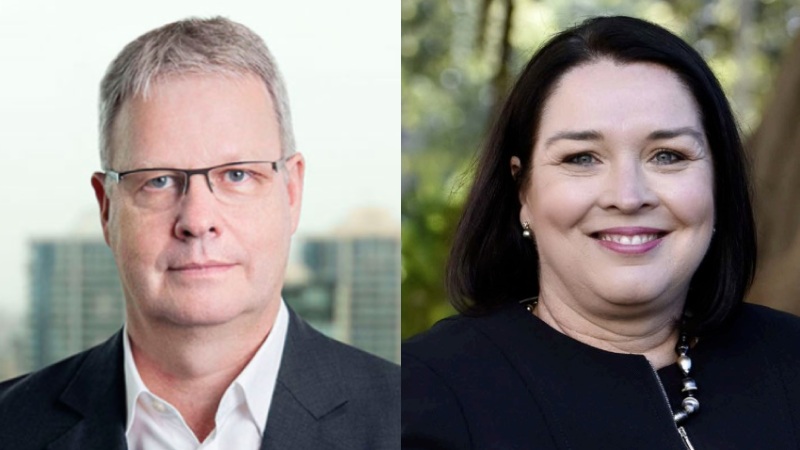‘Stupid’ advice regime has huge mental health cost
Finance professionals are stressed to breaking point by the adviser licence rules, SMSF Association conference hears.
A cross-section of finance professionals have joined together to condemn the adviser licensing rules as “stupid” and responsible for a mental health crisis among their members.
In a rare show of unity, leaders from across the industry said the AFSL regime was causing an exodus of advisers, preventing cost-effective advice to clients and stressing their members to breaking point.

A panel comprising Phil Anderson of the Association of Financial Advisers, Marisa Broome of the Financial Planning Association of Australia, Simon Grant of CA ANZ, and Vicki Stylianou of the Institute of Public Accountants spoke with one voice about the need for change at the SMSFA conference in Adelaide this week.
But they held out little hope that the Quality of Advice Review, which is due to report by the end of the year, will result in the necessary reforms.
Mr Anderson said the adviser rules pushed up costs and were poorly targeted.
“We’ve had too much focus on what the unadvised might want, potentially in the future. It has to be driven by what real clients are experiencing now and what adds value to them and what doesn’t.
“We have to reduce the cost of providing financial advice. We have to reduce unnecessary complexity,” he said.
Ms Broome also described the system as “over-regulated, over-complicated” with a disclosure regime that was “too prescriptive”.
“It doesn’t allow quality of advice that is comprehensible to the consumer to be delivered,” she said. “And I guess it goes back again, to that onerous disclosure regime, I’d like to see a disclosure regime that … actually is meaningful to the client,” she said.
Mr Grant said advisers themselves needed to be responsible for the quality of their advice and threw down a challenge over the rules to the Assistant Treasurer Michael Sukkar and his shadow Stephen Jones.
“You go and talk to any accountant in your high street, in your electorate … and they will tell you how stupid it is.
“Not only will they tell you how stupid it is, their clients will tell you how stupid it is.
“And they have a whole bunch of small-business clients in every electorate in every part of Australia. And they are not getting a very good advice,” he said.
Ms Stylianou said the terms of the advice review were too narrow and pointed to a lack of political will for change.
“What we’re also hoping for is just an appetite, a political will, for bold reform, because I think if we’re going to fix a lot of the problems in this sector, there really, really needs to be bold reform. And bold reform has been missing for so long for more than a decade in so many areas,” she said.
But the most poignant moment came towards the end of the session when the moderator, SMSFA chief executive John Maroney, read an anonymous comment from an attendee about the stressful results of the current regime.
The audience member said: “I’ve seen an accountant having a complete breakdown, trying to get licensed as he wanted to be able to advise his clients back when changes came in.
“He is now seeing a psychiatrist over his mental health, not being able to keep up with the compliance of technology as he is older, being forced to retire as he just can’t pass the exams.
“It’s fundamentally important that advisers are supported, or many more will go.
“I feel for so many people suffering due to clueless government departments trying to justify their jobs.”
Ms Broome said her organisation was striving to support its members, and she had seen the mental health costs up close.
“I was fortunate enough to do 31 of our roadshows last year, and I experienced outstanding advisers sobbing on my shoulder at just about every one of them.
“It troubles me to my core that we’ve got people under that level of stress, and it’s one of the things I’ve prioritised. We’ve tried to support people; I have a list of about 15 people I regularly get in contact with, just to make sure they’re OK.”
Ms Stylianou said the Counting on U program, run in conjunction with Deakin University, was a vital support for those under stress.
“It is very much about supporting mental health and building resilience,” she said.
“It’s to equip not just accountants, but financial advisers, and bookkeepers … to be able to recognise the signs but also to look after themselves, because there’s a lot of vicarious kind of stress.”









